OUR HISTORY
The Chris Ruth Centre Charitable Trust exists to support adults aged 18 years and over with complex physical and intellectual disabilities in a vocational setting.
Following the introduction of inclusive education through the Education Act 1989, it became increasingly clear that students with high and complex needs required continued support after leaving school. In response to this gap, the Trust was established to provide meaningful post-school opportunities for these individuals.
Originally known as the Christchurch Supported Employment Centre, the organisation underwent a name change in 2005 to become the Chris Ruth Centre Charitable Trust. This change was prompted by a government request, as the term “supported employment” implied paid work, while the participants were engaged in unpaid, voluntary roles.
Initially, the Trust was created to serve graduates from the Upland Unit at Hillmorton High School, but over time, it expanded to welcome school leavers from across Canterbury and Mid Canterbury.
The Trust delivers vocational day programmes designed for individuals with intellectual and high support needs, focusing on:
- Social and recreational opportunities
- Life skills development
- Community participation
- Work and vocational tasks tailored to individual strengths
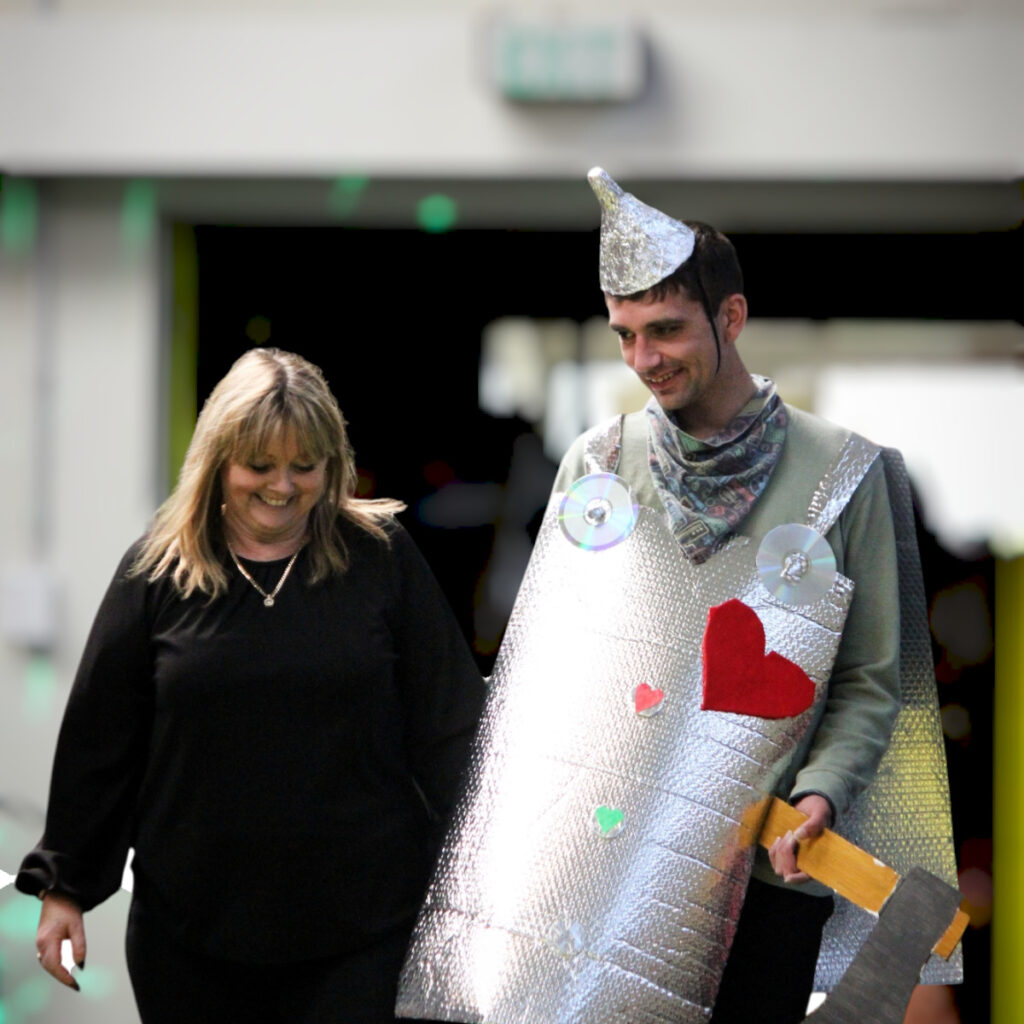
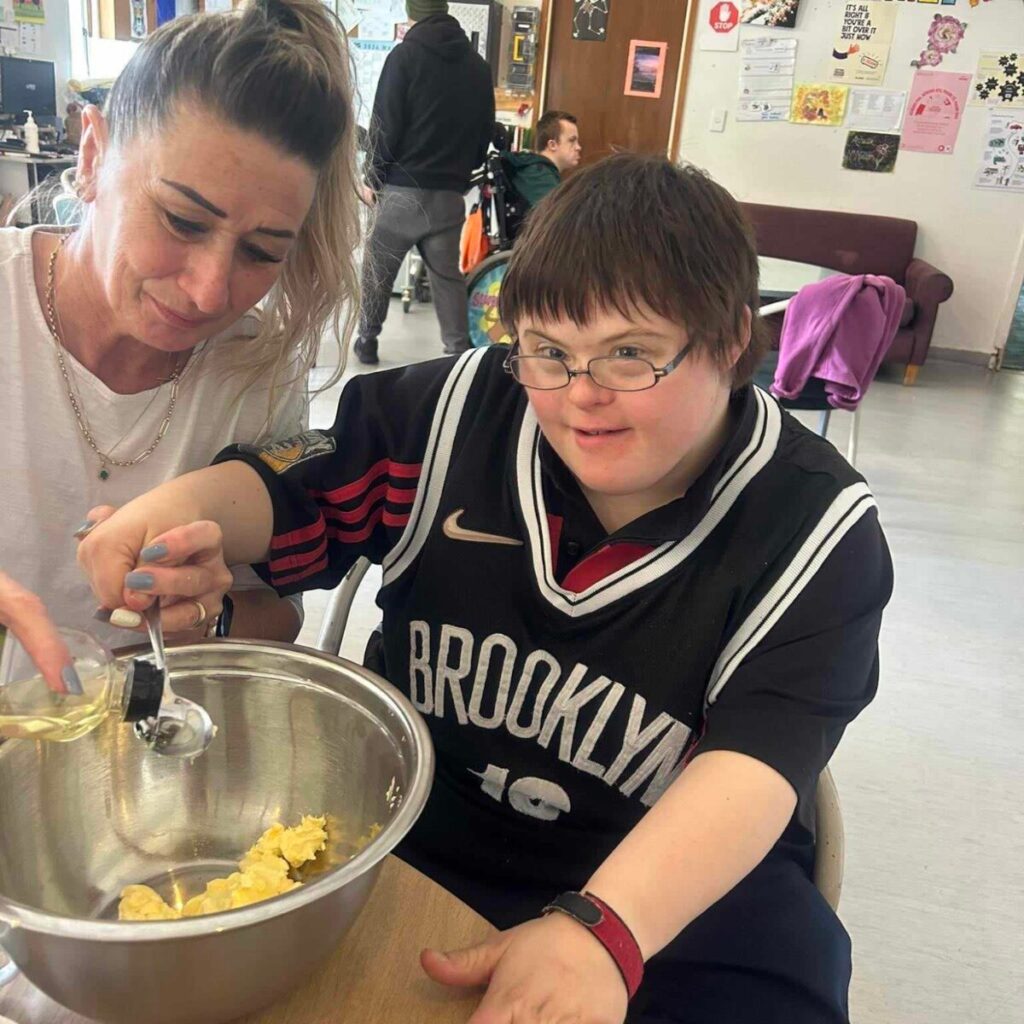
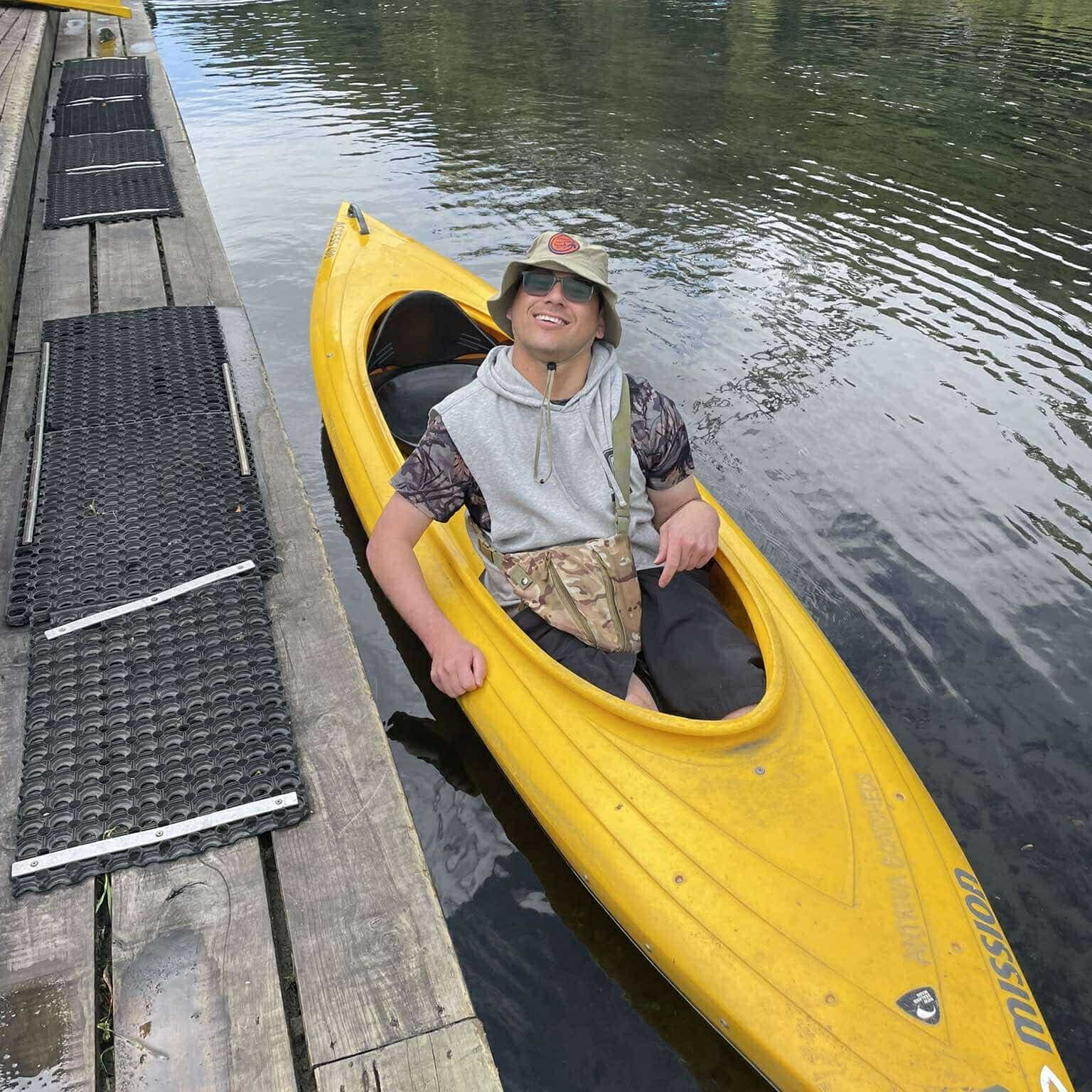
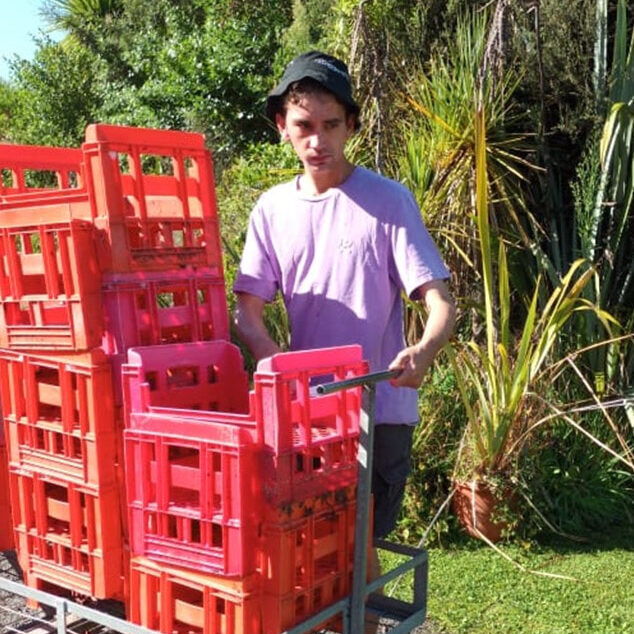
Vision
Enhancing opportunities, embracing potential
Mission
Valuing the uniqueness of each person, through enriching programmes, which are interwoven with community connections- whanaungatanga.
Values
Respect: Valuing each individual
Excellence: Striving for the best outcomes
Support: Standing with individuals and their whānau
Independence: Providing choice and promoting decision-making
Integrity: Ethical and transparent
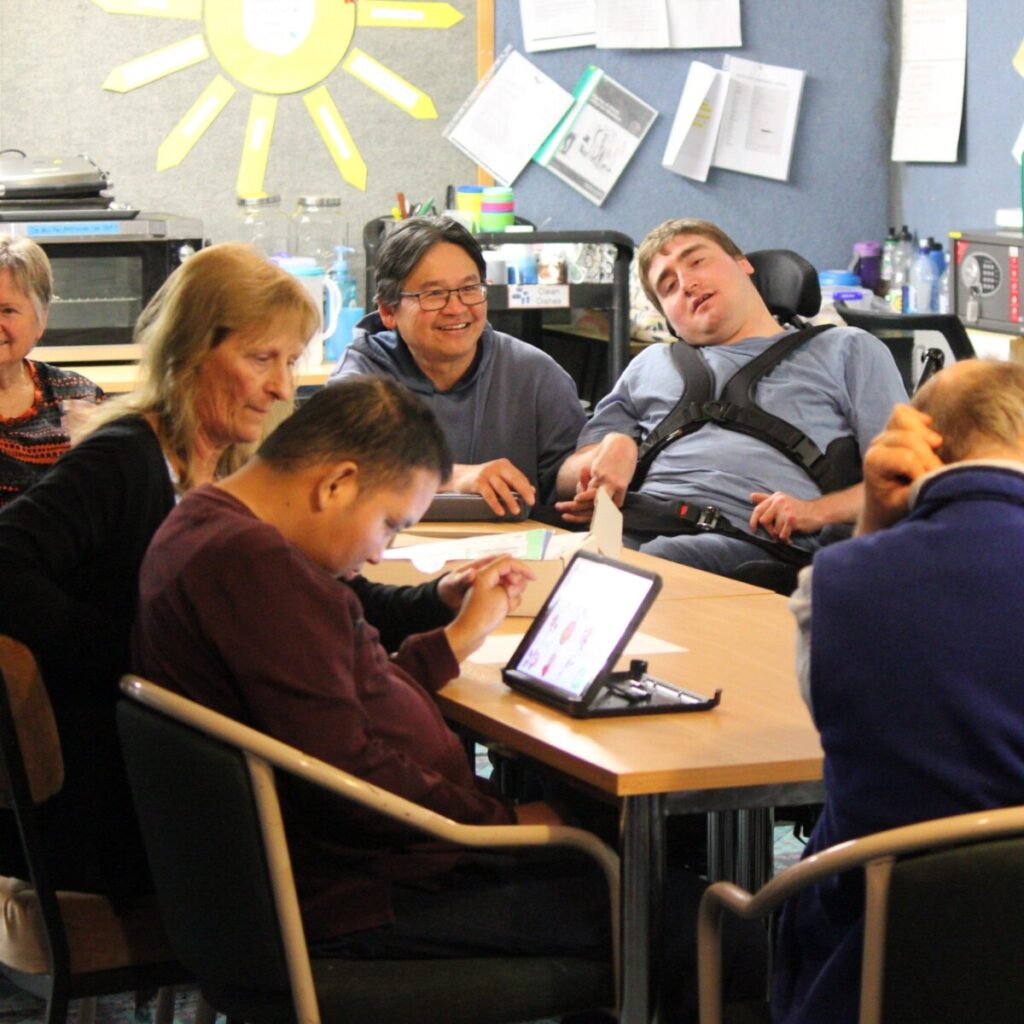
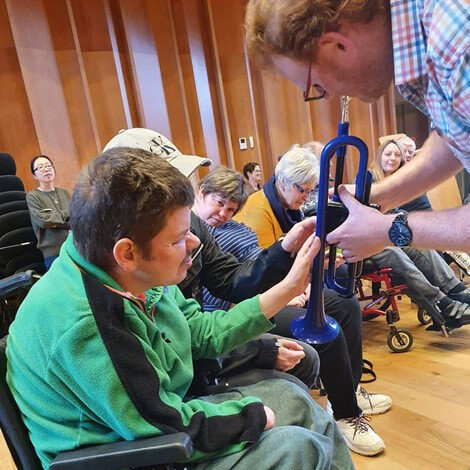
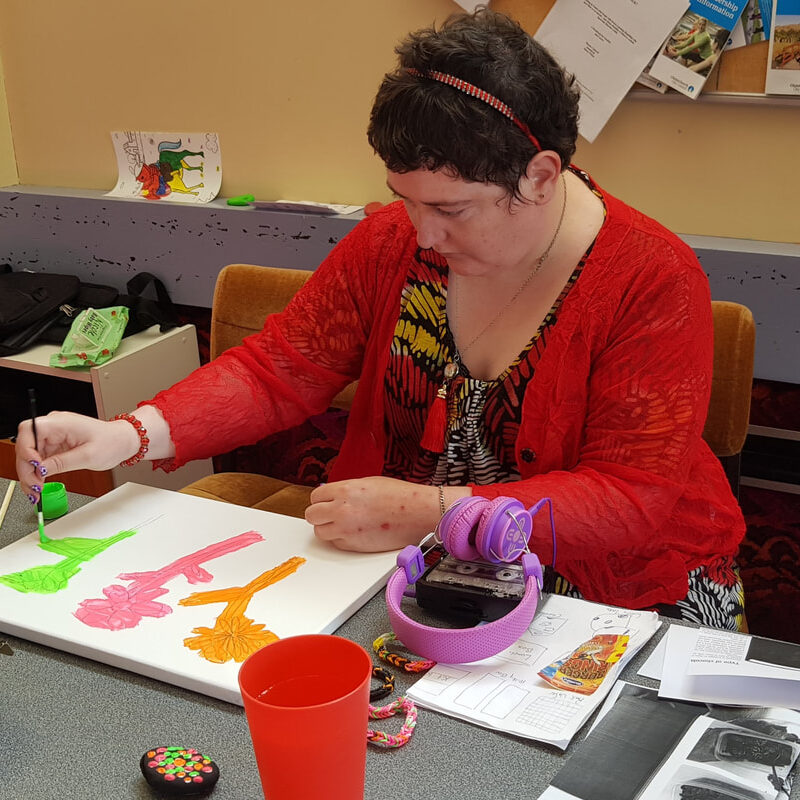
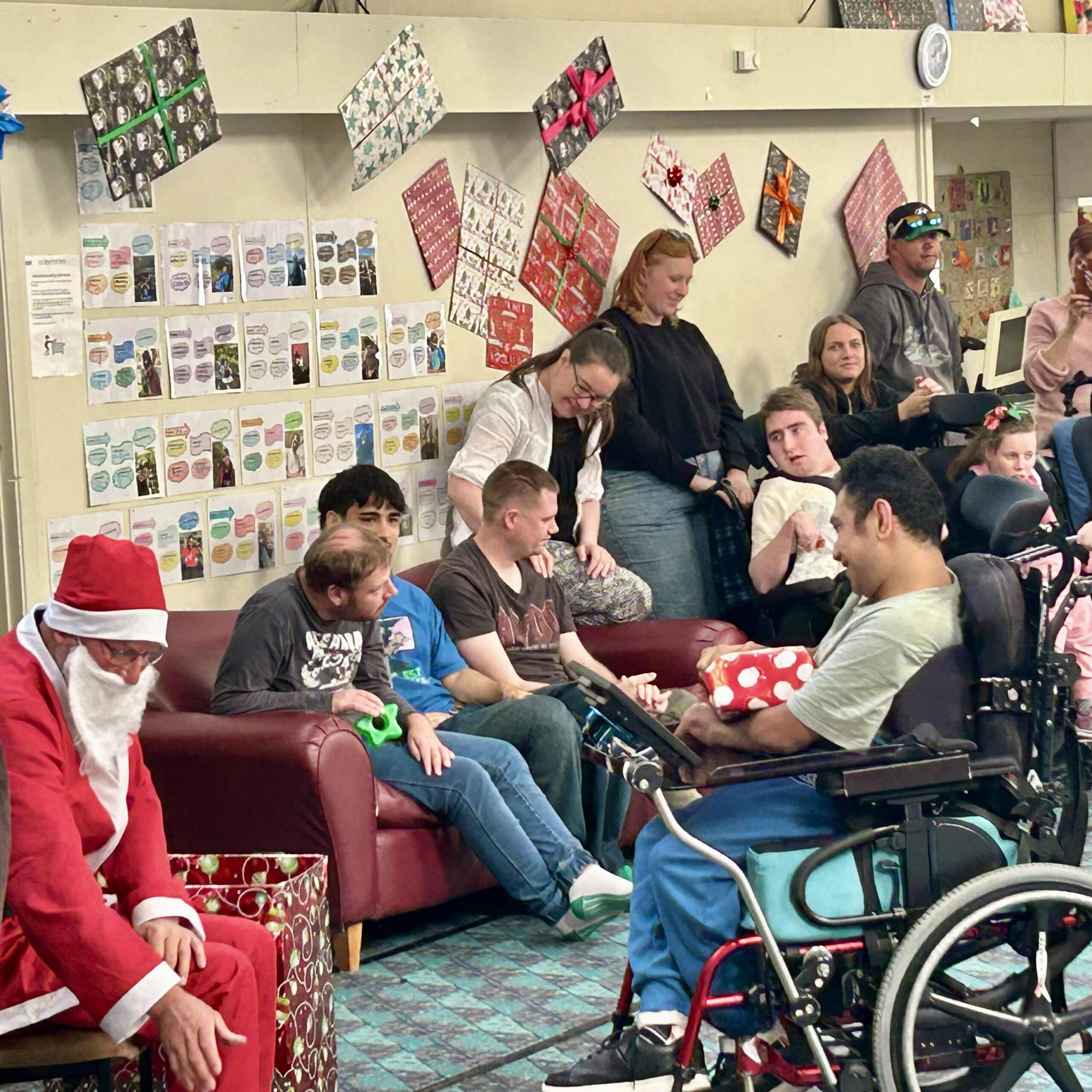
Background
The Chris Ruth Centre started with four attendees on the grounds of Hillmorton High School. Attendee numbers now exceeds 100 across seven locations in Christchurch, Ashburton, and the Waimakariri regions. We have three centres on one site at Hoon Hay, one centre at Bishopdale, Sockburn, Kaiapoi and Ashburton.
What we do
The Centre plays a crucial role in:
- Providing structured, person-centred services beyond school
- Advocating for greater disability rights and inclusion in adult services
- Helping shift the perception from care to empowerment and contribution
Community
At Chris Ruth centres, we strive to be a valued part of the community.
Being present and engaged in the community creates meaningful opportunities for both the persons we support and those around them. Having connections not only fosters inclusion and belonging, but also builds awareness and opens the door to genuine relationships. Together, we grow stronger, more connected, and more compassionate – whanaugatanga.
Individualised
Each person has their own programme designed to meet their needs, incorporating life skills, communication, functional education, community participation, physical therapy and recreational pursuits.
Activities include (but are not exclusive):
- Horse riding
- Swimming
- Cooking and baking
- Computer activities
- Virtual Reality System
- Crafts and woodwork
- Shopping and lunch out
- Attending festivals and outings to local activities
Work Participation
A special opportunity for individuals is to engage in voluntary work participation within regular business environments. These experiences are more than just tasks; they are pathways to purpose, confidence, and connection.
Our vocational support team works closely with employers to create a range of appropriate, meaningful, and rewarding work opportunities therefore together fostering inclusion, personal growth, and a true sense of belonging within the wider community.
These include (but are not exclusive to):
- Plant Nurseries
- Libraries
- Schools and Early Childhood Centres
- Transport Firms
- Garages
- Hairdressers
- Shops and Cafés
If you are interested in hosting a participant in your work place or business please reach out and contact us by email admin100@chrisruthcentre.co.nz or phone 03 339 2930.



